One mom's journey to sobriety from the peak of 'mommy wine culture'
Harmony Hobbs once wrote a blog about drinking but has since gone sober.
Harmony Hobbs was, for a long time, a figure within “mommy wine culture” — a culture that encourages drinking alcohol to take the edge off of parenting and which has been reinforced by internet memes and products with mantras like “mommy fuel” or “I wine because my kids whine.”
But in 2017, Hobbs, a mom of three from Baton Rouge, Louisiana, who had created a successful blog called “Modern Mommy Madness,” began a new journey. She gave up alcohol and went sober, realizing that her drinking had gotten out of hand. She was no longer drinking for fun, but rather, to mask the pressures of motherhood.
“Instantly, it made me feel better,” Hobbs said. “I had rules because I didn’t want to be irresponsible, so I would drink a lot at home — wine. Just a glass or two and I feel better. Then, I [would] get the kids again and I would drink like the rest of the bottle and start on another one.”
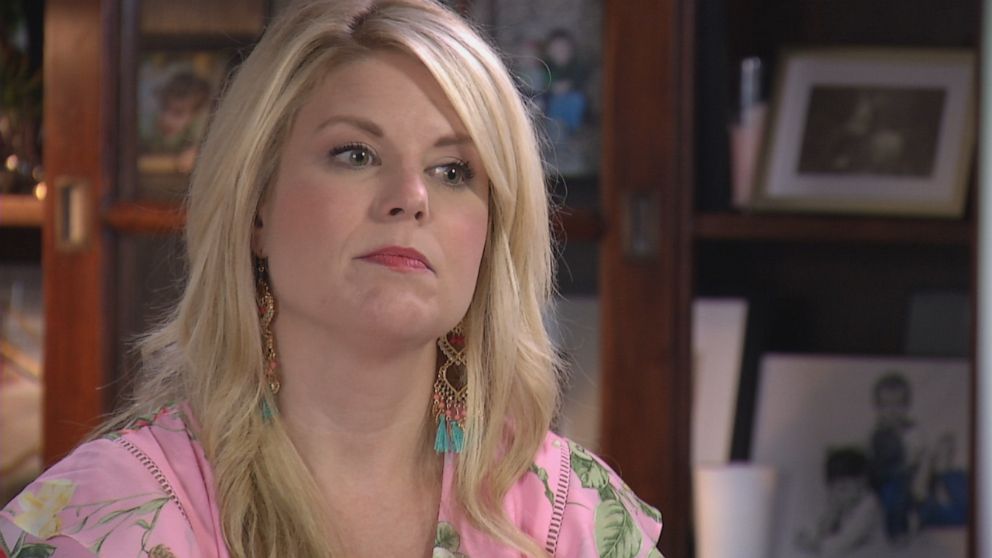
Hobbs, who had a successful career working in insurance, decided to become a stay-at-home mom when she had her kids. She said she “loved the idea,” but didn’t expect it to be as stressful as it turned out to be. She said that from the moment she woke up, she would look forward to the glass of wine she would have later. “I couldn’t wait,” she said.
At her peak, Hobbs was drinking a bottle-and-a-half each day, she said, adding that it had progressed to that point over the years.
“So it started out with maybe two glasses, and then eventually...I needed more and more to feel relaxed,” Hobbs said.
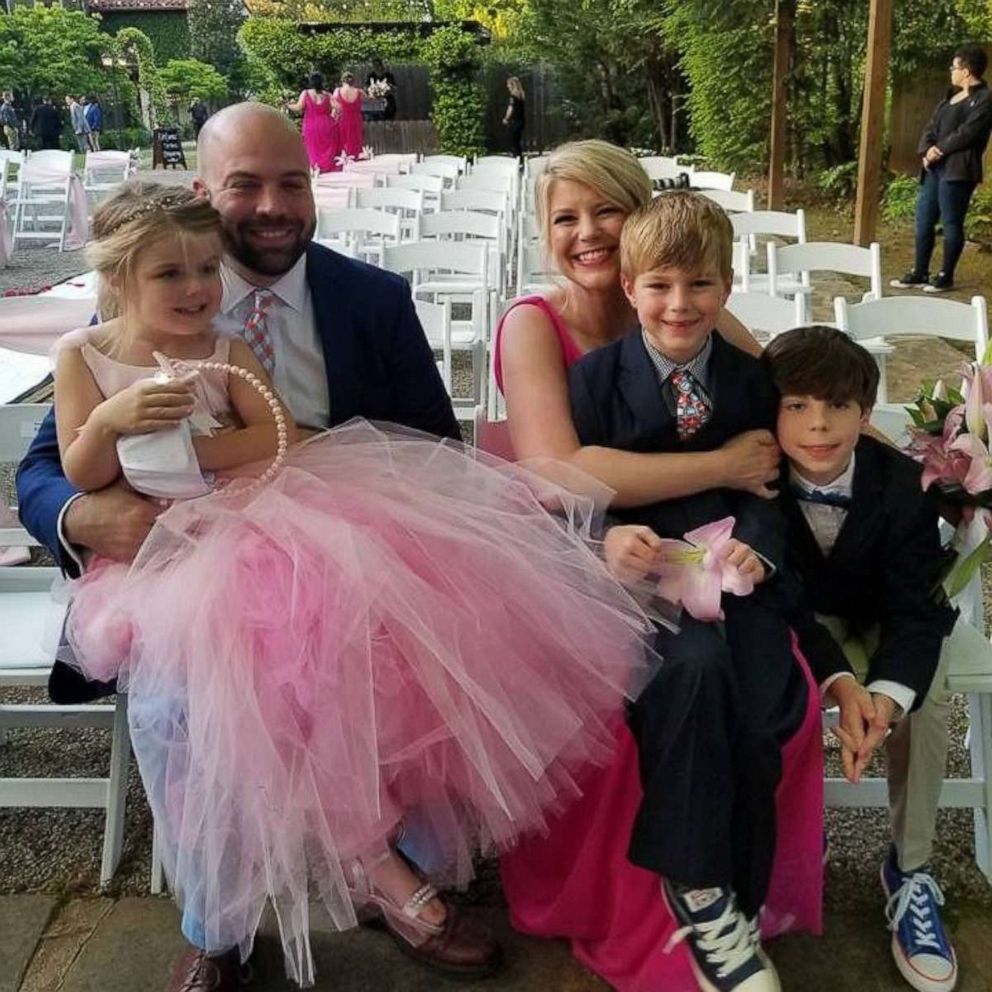
Her drinking eventually began to affect her family. She was often angry and she would release these emotions on her husband, Robbie Hobbs, and her children, she said.
“I had all this unresolved stuff [and] I didn’t know why, and I drank to make it go away but it never really went away,” she said. “Alcohol made me more depressed. So I was just...miserable.”
Nobody was aware of the extent to which Harmony Hobbs’ drinking had become a problem. Robbie Hobbs, whose long hours at work kept him away from home, said that he only became concerned once his wife told him that she might have an alcohol issue.
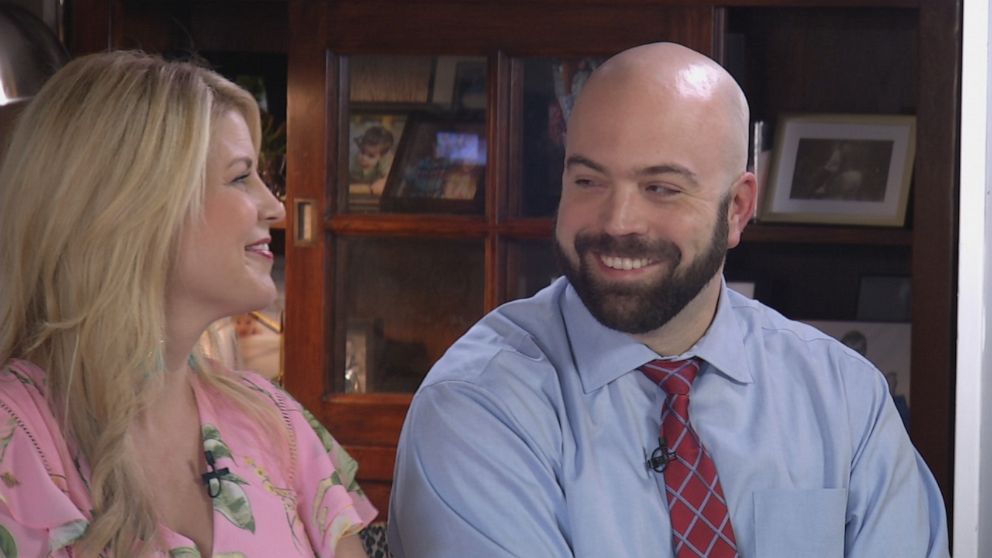
Harmony Hobbs’ oldest son, 10-year-old Maverick, said he thought the drinking was normal because he had only known his mother to consume alcohol.
“I didn’t know it was out of the ordinary because that’s how I grew up. That’s what I was used to,” Maverick said. “So like, every night she would...get a glass of wine and I asked her, ‘What’s that?’ She was like, ‘It’s wine. It’s alcohol.’ I was like, ‘Oh, I heard of that in school. Doesn’t that make you addicted to it?’ And she’s like, ‘Yeah, but I’m not addicted.’”
Maverick added that although he couldn’t tell at the time, looking back at it, he said that “maybe she was trying to deny the fact that she is using [alcohol] as an outlet for stress.”
Cindy Feinberg, a recovery coach and addiction specialist, described how many of her cases involving mothers with alcohol problems were rooted in mental illnesses, like depression and anxiety.
“A lot of times, what I see is people are looking to self-medicate because they’re not really sure how to talk to somebody about what’s going on...people feel a lot of shame about what they’re struggling with,” she said.
Harmony Hobbs was finally pushed to take action on her drinking problem after her best friend Audrey Hayworth called her out on it. The two had hosted a YouTube series called "The Mom Cave," where they would imbibe while reviewing different products. But Hayworth said that in retrospect, Harmony Hobbs would drink more than her during the taping.
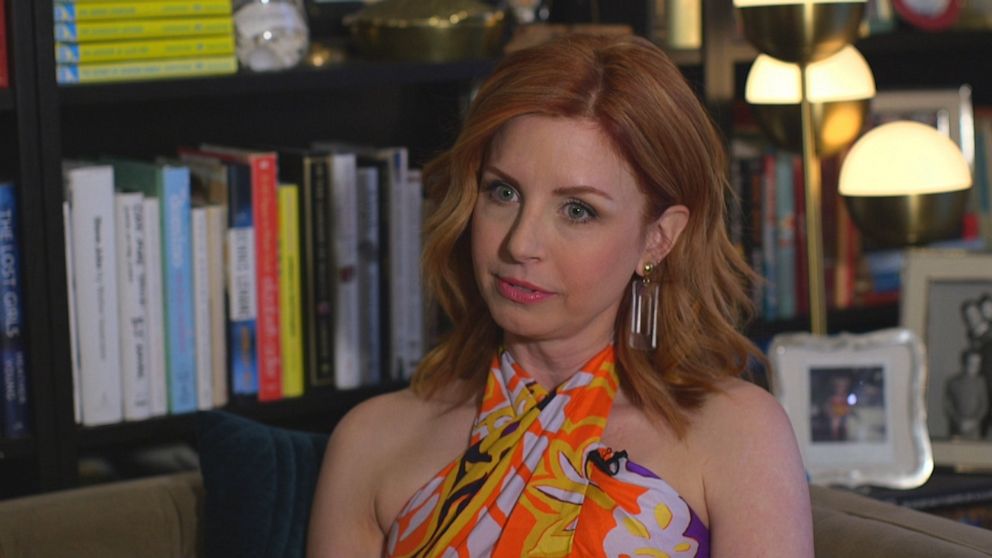
“I think we were filming three or four episodes and at the end of it, I still had half a glass of wine left, and she’s like, ‘Are you going to finish that?’” Hayworth said. “It’s just like, ‘OK.’ … In retrospect, now I can see that she wanted to finish my wine.”
Looking back, Harmony Hobbs described this moment as “a wakeup call.” She said it never occurred to her that she could be addicted to alcohol, often describing herself as "high functioning" while drinking. But she realized how in denial she was. She said that on the day she acknowledged she was an alcoholic, she quit cold turkey.
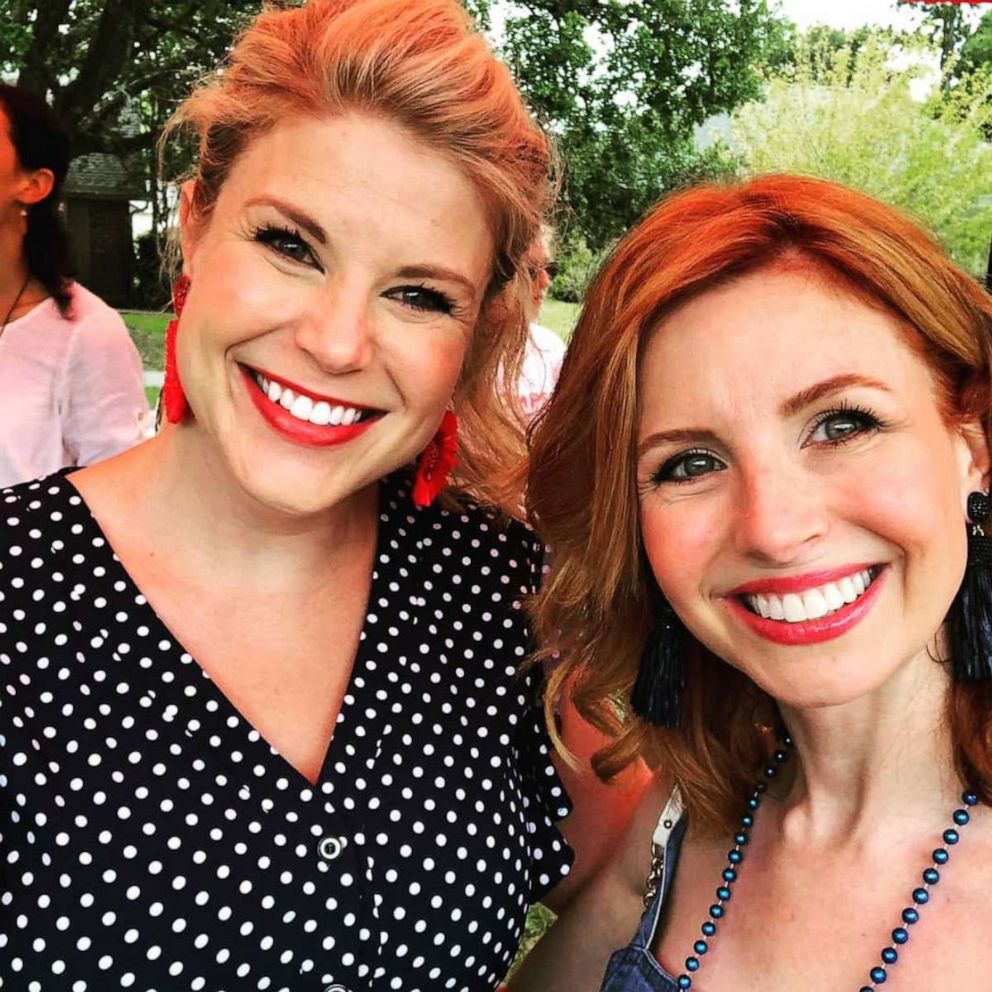
With her newfound self-awareness, Harmony Hobbs appeared in a video with Hayworth to announce to their thousands of followers that she was addicted. She also transformed her blog about drinking into one that chronicled her painful road to recovery.
“It’s ridiculous that at 37 years old, I’m going to have to relearn how to cope with the difficulties of life: grief and pain and abandonment and loss and the everyday stress that accompanies motherhood,” Harmony Hobbs wrote in a blog post after being sober for 25 days. “Maybe I never knew how to handle those things in the first place, and that’s what landed me in a 12-step program. The ‘hows’ and ‘whys’ don’t matter — I just want to get better.”
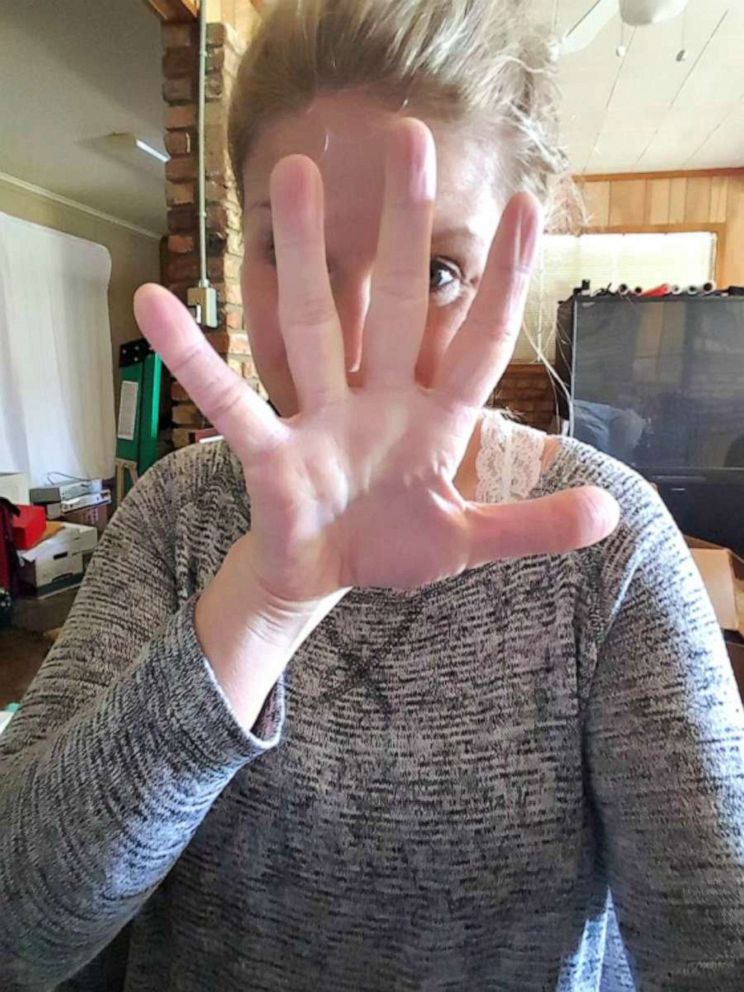
In the first days of her recovery, Harmony Hobbs said she just wanted to die. “I thought I told Robbie, ‘I can’t drink. I’m not sure if I can go on,’” she said. “That’s how it is, though. It’s like the only way that I knew how to cope with life was drinking… I honestly didn’t know how to function.”
But as she navigated through recovery, she began to surround herself with other mothers — some of whom weren’t even addicted to alcohol — who understood her addiction and her journey to recovery, and who also rejected "mommy wine culture."
These sentiments are shared by a larger group within the so-called "sober curious" movement, a phrase coined by lifestyle journalist Ruby Warrington, who wrote a book about her sobriety journey.
Among these people is Paola Atlason, a mother of two who chose to be sober for health and lifestyle reasons. She said she is “glad” the sober curious movement is challenging the notion that moms should drink.
“I used to see advertising or promotion where it was like ‘mom wine special: two bottles [for the price of] one,’ or coffee in one hand and wine in the other. … There was a yoga class where you would drink wine. Now we’re really hitting a low point here,” she said. “It is challenging it in a very positive way because it’s just bringing awareness, and understanding that maybe there’s too much of an attachment and that you have a choice.”
Atlason said the idea to stop drinking first emerged when she was 40 years old and feeling unwell. She said she wasn’t “connected to who I was,” and that to make a change, she looked at what she was eating and drinking.
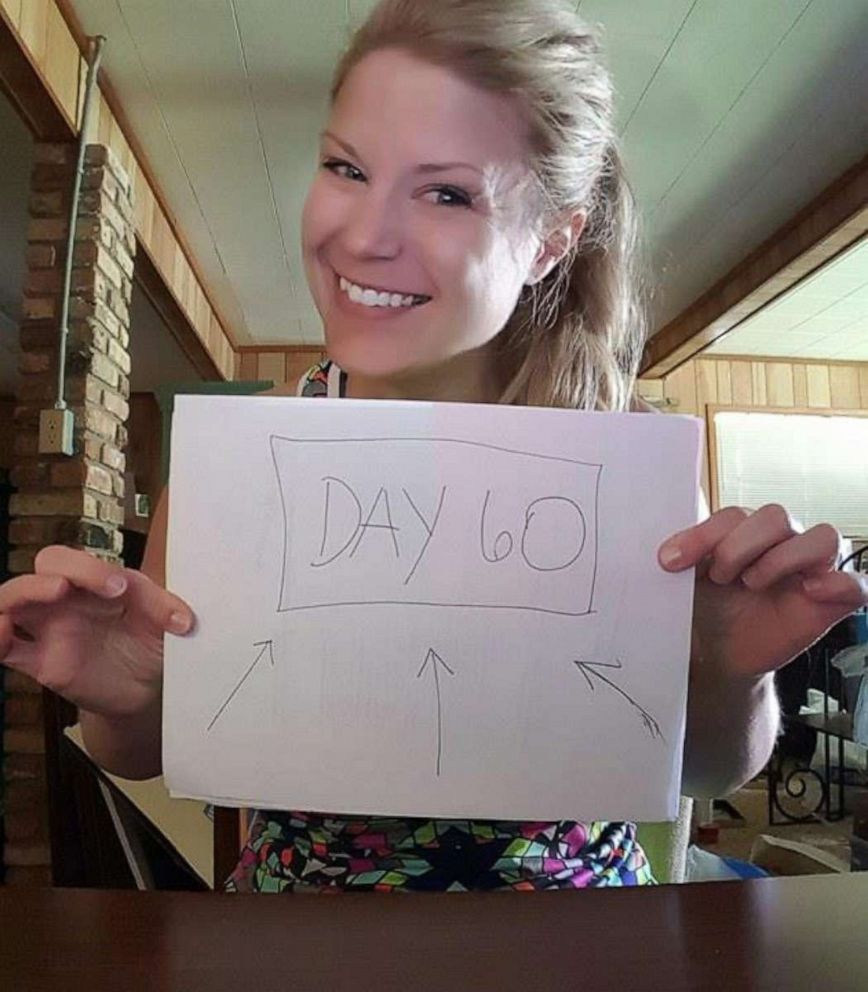
“Some of the benefits of quitting alcohol...mental clarity is a huge one,” Atlason said. “Mood shifts. I think you become [a] lighter, better sleeper. And I would think just more joy. I just feel more joyful. I don’t know if it’s meditation or quitting the drinking, but...there’s a spark. I don’t know how to describe that.”
Although Feinberg said “mommy wine culture” most likely isn’t making women alcoholics, she said that “if somebody has a propensity to be an alcoholic, this would be a perfect breeding ground to bring that out of [them].”
Both Feinberg and Harmony Hobbs believe moms — and the general public — should reevaluate their drinking habits from time to time. “I think it’s always good to question your behavior,” said Harmony Hobbs.
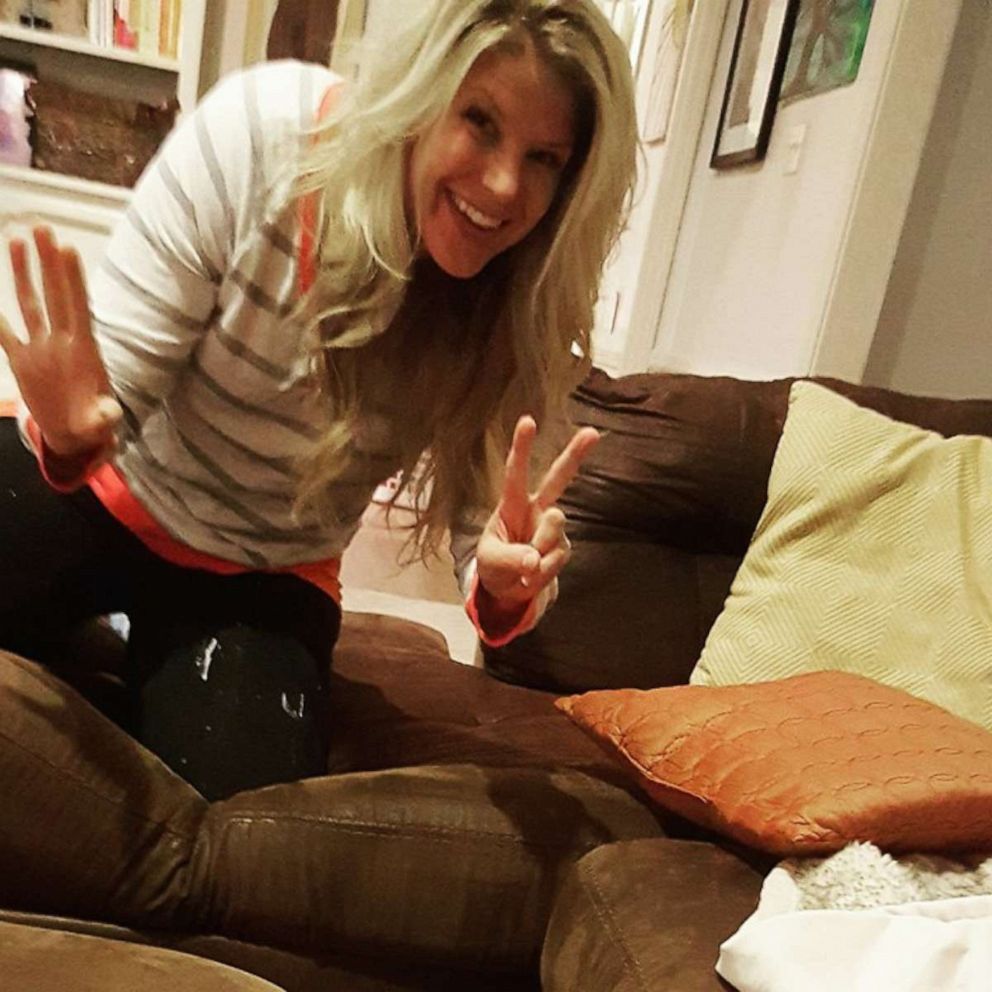
Today, Harmony Hobbs’ circle is filled with other moms who have chosen to be sober. As their children play together, they engage in deep conversations and face life’s hurdles head on.
“It’s like friendship intimacy and showing who you really are and not who you want people to think you are, and accepting [that],” said Lacy Dicharry, a friend of Harmony Hobbs. “Like that’s what I love about hanging out with Harmony — that I never ever have a fear of judgment … I know that I can show the full of me and I’ll be accepted...no matter what I’m doing or going through. And that’s really why...it’s important to me.”
For her part, Harmony Hobbs feels like she’s found herself again and said she’s not trying to “run away from me anymore.”
“I always thought this would happen in mid-life, like, you become comfortable in your own skin,” she said. “And for me, it’s sobriety.”




